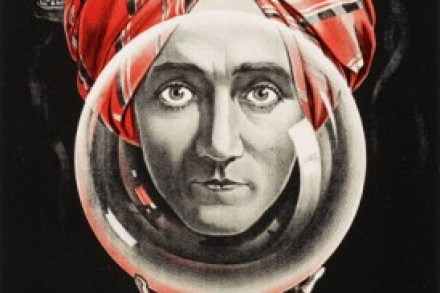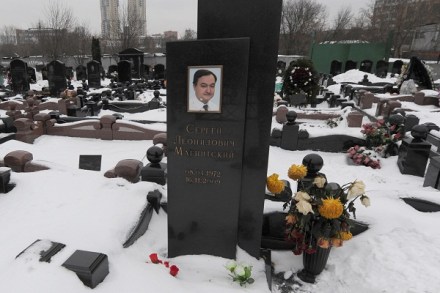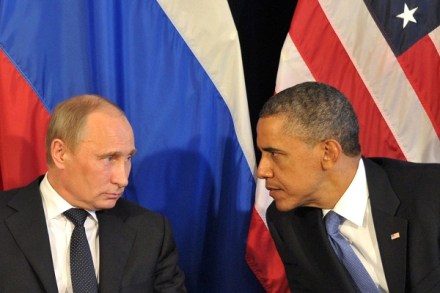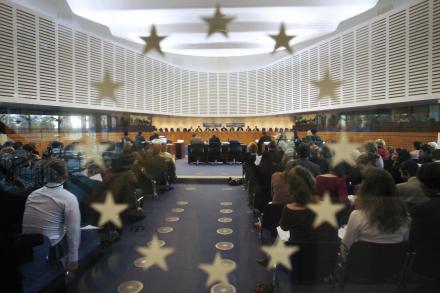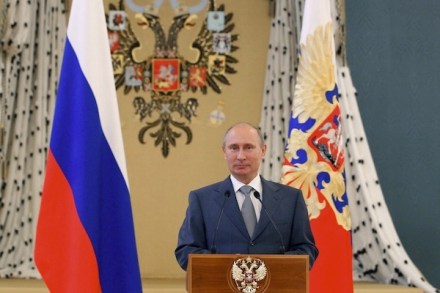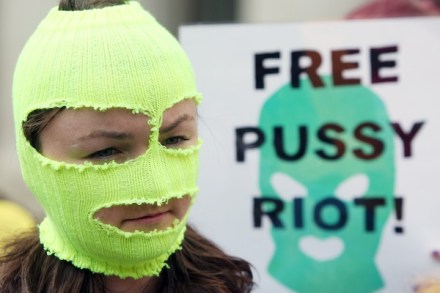Edward Snowden and the Guardian have started a debate…in the Kremlin and Beijing
I was on the Daily Politics earlier, discussing the Guardian / Snowden leaks and debating against a representative from the campaign group ‘Liberty’. The ‘Liberty’ representative kept saying what a lot of apologists for the actions of the Guardian (now including Vince Cable) have been saying – that Snowden and the Guardian should in some way be respected because they have started ‘a debate’. They appear incapable of realising that while such leaks may be simply fascinating to them, they are infinitely more fascinating to the Kremlin, Chinese Communist Party, al-Shabaab et al. One other thought. Does anyone know why, if a journalist or editor can be arrested and tried






